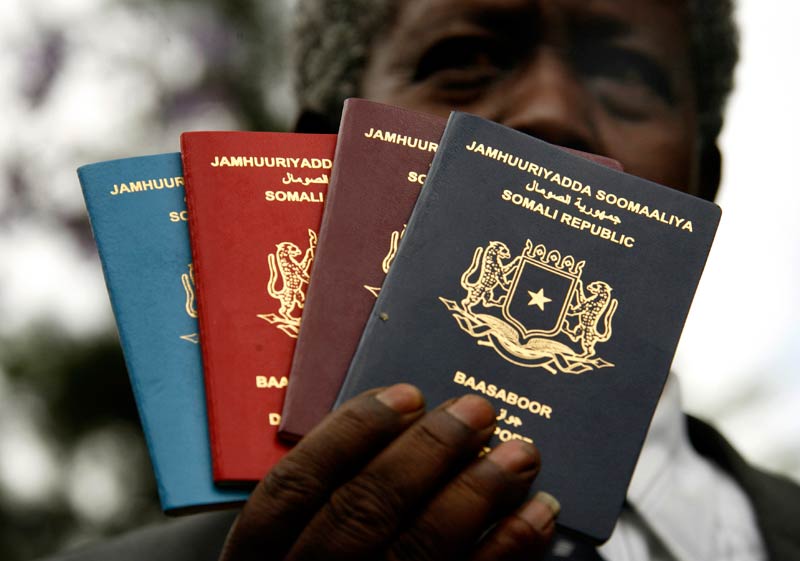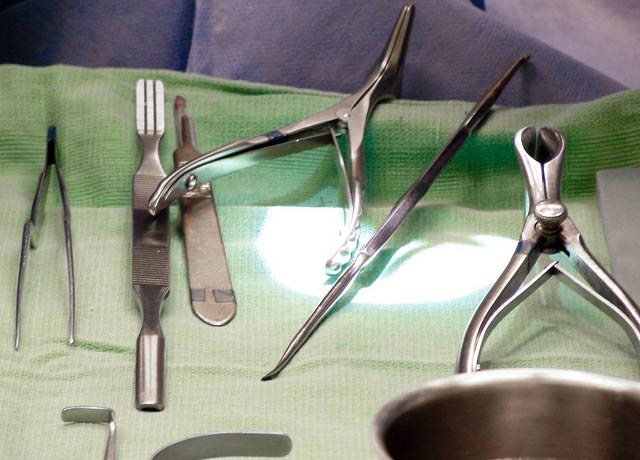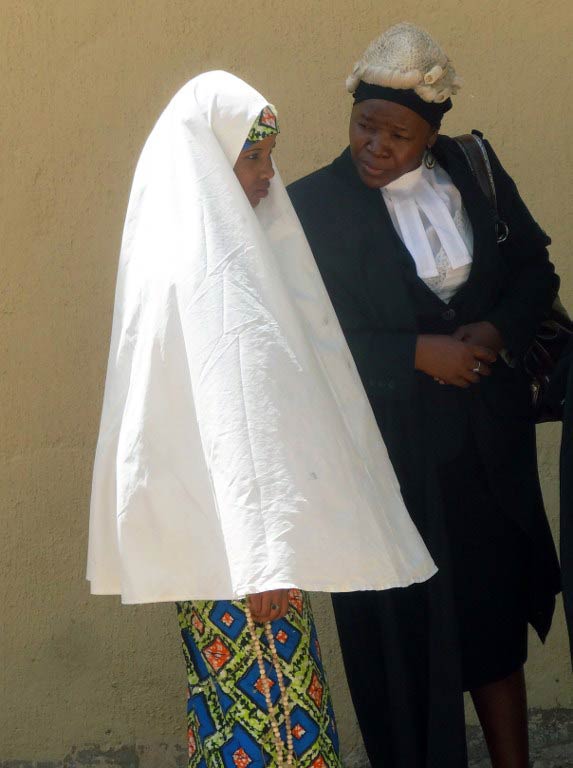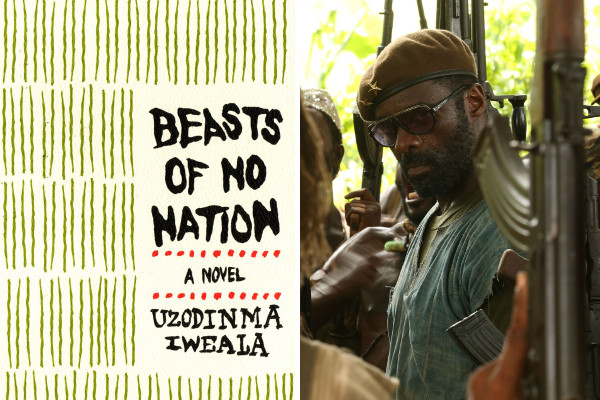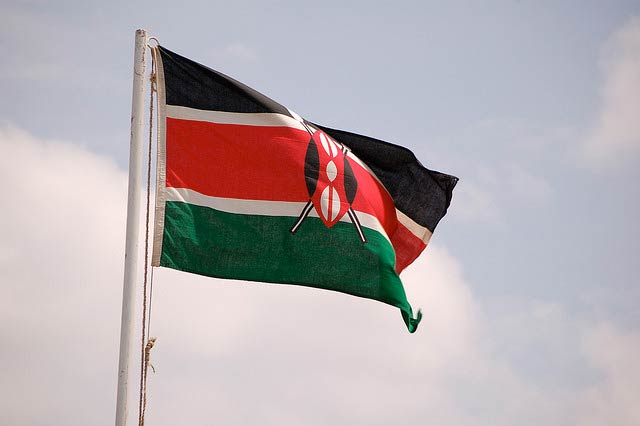
In January, a group of Langata Primary schoolchildren protesting that their playground had been illegally grabbed, were tear-gassed by police. Nothing like this had happened in our recent memory as Kenyans, and the manner in which it was broadcast to the world helped amplify our outrage. There were loud demands for these land grabbers to be publicly named. I was in the car, sitting in the infamous Nairobi traffic when I heard Charity Ngilu, the cabinet secretary for the Ministry of Land, announce the identity of the alleged land grabbers. They included four brothers named Singh, a name of Southeast Asian/Indian origin. And like thousands of other brown people in the country, I shook my head.
What is the sound of thousands of Indians rolling their eyes?
I remember thinking to myself, did they really have to be Indian? As if suffering through Kamlesh Pattni (the Kenyan Indian tied to the Goldenberg scandal of the 90s, estimated to have cost Kenya the equivalent of 10% of its annual GDP) wasn’t enough. This was just another nail in the coffin that is the familiar narrative, ‘Indians are thieves and stealing this country’.
Yet for every Pattni there are thousands of Kenyan Indians who work hard to elevate Kenya every day. The Sunny Bindras, Zarina Patels, Farrah Nuranis, Shamit Patels, Nivedita Mukherjees, Shailja Patels, Rasna Warahs, Zahid Rajans.
Predictably, the witty Kenyan Twitter community reacted with breakneck speed, delighting in their discovery of the versatility of the name Singh. A new hashtag was born, which was trending within an hour: #NgiluSinghJokes.
A lot of people raised eyebrows at the identity of the land grabbers, claiming that Ngilu’s naming of the private developers was unconvinSINGH. That the real culprits were being protected.
Others murmured apprehension that this hashtag would go too far and end up ostracising an entire community for the actions of four individuals. Another hashtag from last year was revived – #KenyanNotIndian – where Kenyans of Indian origin asserted their nationalism. It says something about us as a society when your gut reaction is to distance yourself as far away as possible from a part of your identity for fear that it will be used against you in some way. I suspect this has some visceral effect on an individual, deep inside where memories nestle. I hear the exhaustion of feeling the need to apologise on behalf of an entire skin colour for the actions of a few individuals.
But we don’t see other Kenyan communities apologising for their rogue individuals who have pillaged, eaten and vomited all over the shoes of Kenyans. And yet. The Somali community in Kenya are individually and personally being made to pay a traumatic price for our hypocrisy when it comes to this. Divide and rule. We learned from the Masters.
Like many Somali Kenyans, there is a feeling among the Indian Kenyan community of always having to assert our legitimacy as citizens of this country. But we belong. Yet, if you look at the history books of Kenya, you won’t hear our stories from our mouths. There is so very little that has been written and is being written about the community, by the community. We have largely put our heads down and worked away industriously, but where are our voices when it comes to the narrative of this country? So I am claiming this space. I want my story, my existence to be in the cataloguing of Kenyan history. Because it’s not just mine, it belongs to thousands.
Back to #KenyanNotIndian. Here is the thing. It unsettles me. Doesn’t fit snugly on my skin. If anything it feels like uncomfortable Spanx underwear that you squeeze into to hide the parts of yourself you don’t want to subject to the World’s gaze. Never mind that you can’t breathe and your stomach is spooning your oesophagus, at least your lumps aren’t showing.
I am Kenyan AND Indian. It is quite simple really. I don’t believe the two are mutually exclusive. They sit very comfortably together in me. There is no contradiction and one doesn’t take away from the other. My nationality is Kenyan and my ethnicity is Indian.
What does that mean?
My loyalty, allegiance, heart, patriotism and soul belong to Kenya the country. But I embrace and am proud of my Indian heritage.
What does it actually mean?
I would go to war for Kenya (if I believed in that sort of thing), but if I was hit, my last words would come out in Gujurati.
My blood, sweat and tears belong to Kenya. But the sweat probably smells a little like curry.
What makes me Indian ? I don’t really know the answer to this. I can’t trace my ancestry very far and I don’t have a shags (ancestral home). It makes me feel deeply unsettled. Not knowing my roots. I envy you who have your forefathers buried on soil that has tasted your blood. What’s my lineage? Who were my people? What did they stand for? What was their legacy? What were they known for? When they talked of the Kassams, did they extol us for our virtuous nature or mutter under their breath in disgust?
A few years ago, I went to India for the first time. It was like going back to the Motherland. Aside from the bizarre sensation of being surrounded by brown people, and for the first time not being the minority, it felt rather comforting. I was curious to see if I would feel a tugging. A belonging. And I did a little. It was in the Indian sensibility. An intangible something I couldn’t put my finger on. Yet, it was clear we didn’t belong. Everywhere we went, Indians asked us where we came from, which was entirely discombobulating.
But I speak Gujurati (very badly). I cook chicken curry (not very well). I dance to Indian music (terribly). I wear punjabi suits (as often as I can) and the ultimate test; I live in a mad huge household spilling at the seams with family who are always in each other’s armpits.
I mellow out my father’s fiery chicken curry with mounds of Ugali. When I want music that will squeeze my insides I listen to Nyadundo and Nusrat. My favourite sari is made from an emerald green kikoy. My family enthusiastically infuse Sauti Sol’s Lipala dance with Bhangra moves.
What makes me Kenyan? I don’t really know the answer to this either. I was born here. Surely that in itself is enough. I have been known to use my mouth to point out directions. My language is peppered with Kenyanisms. Wololololo. Ngai. Ati. Kumbe. Kwani. In fact, half the time, I am not sure whether the word I am saying is Kiswahili or Gujurati, they feel so interwoven. Which is only fair, considering Kenya stole chapatis. Ultimately, I am only as peculiar as the next Kenyan.
And the question in itself is a loaded one. I am no less Kenyan than the Bukusu who would have been Ugandan had the Queen sneezed when she was tracing the borders of East Africa.
I love being Kenyan. The camaraderie, our ridiculous sense of humour…and personal space. The sense that we are in this together. And what an enormous privilege it is to be afforded the opportunity to participate in the shaping of your country. Don’t take this lightly. To be able to make a meaningful impact on the country you will pass down to your children is not something every citizen of the world has.
So here is my challenge to anyone who feels the understandable visceral need to assert your Kenyan-ness. Let it not be a reaction to a perceived threat. If you give a shit, and frankly none of us has the luxury not to anymore, then make your voice heard and your actions felt. Participate in the shaping of society. Actively. Jostle for space. Don’t hold yourself at a distance. Get involved. Participate. Building yourself is not enough. It is time to build the Kenya you want your children to inherit.
Irungu Hougton recently declared that there are legacies to be grabbed. Don’t be left behind. As he said, “If you can’t do something great, do something small in a great way.”
Let us reshape the narrative of what being #KenyanAndIndian means.
Aleya Kassam is a Kenyan writer and performer. She blogs at www.chanyado.wordpress.com. Connect with her on Twitter: @aleyakassam
